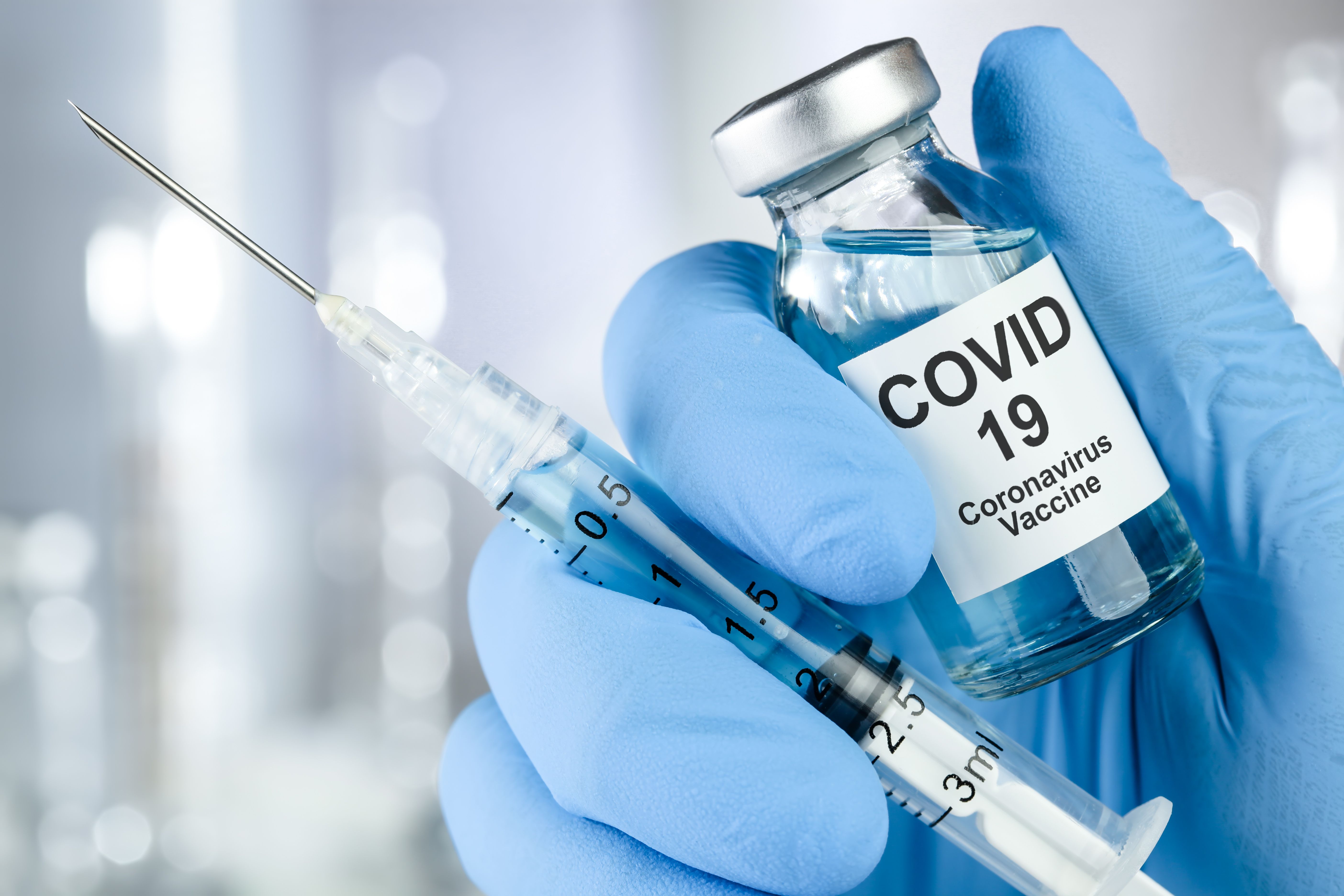- Center on Health Equity & Access
- Clinical
- Health Care Cost
- Health Care Delivery
- Insurance
- Policy
- Technology
- Value-Based Care
COVID-19 Vaccination Linked to Lower Risk of Long COVID in Adolescents
COVID-19 vaccination before infection lowered long COVID risk in adolescents, highlighting vaccines as an effective prevention strategy.
Vaccination against COVID-19 in the months before the first infection reduced the risk of long COVID by 36%, according to a study recently published in Vaccine.1
The researchers described long COVID as “a significant public health problem for children and adolescents, with health, educational, familial, and economic costs.” They noted the condition is understudied in children, with adolescents potentially at the highest risk.
Although treatment and prevention strategies are limited, the researchers claimed that COVID-19 vaccination may help reduce long COVID risk. Specifically, the vaccination prevents COVID-19 infection, indirectly lowering the risk of long COVID. It can also reduce infection severity, which is associated with a higher likelihood of developing long COVID.
COVID-19 vaccination before infection lowered long COVID risk in adolescents, highlighting vaccines as an effective prevention strategy. | Image credit: Leigh Prather - stock.adobe.com

Prior studies have established these protective effects in adults, but evidence in pediatric populations is limited and sometimes conflicting.2 To address this gap, the researchers conducted a study to evaluate the impact of COVID-19 vaccination before infection on long COVID among adolescents.1 To do so, they used data from the Researching COVID to Enhance Recovery Initiative (RECOVER-Pediatrics), an observational cohort study of long COVID in children, adolescents, and young adults.3
The study included individuals aged 12 to 17 years who reported COVID-19 infection at least 90 days before enrollment between February 7, 2022, and November 14, 2024.1 Caregiver-reported survey data were used to assess the association between vaccination status and long COVID.
The researchers’ primary end point was the presence of long COVID at enrollment, defined using the long COVID research index for adolescents.4 This index is a weighted summary of 8 long COVID-associated symptoms: loss of smell/taste, body/joint pain, fatigue, post-exertional malaise, back/neck pain, cognitive difficulties, headache, and lightheadedness.
Symptoms were counted if present for at least 4 weeks post-infection and at enrollment (at least 90 days post-infection).1 Each symptom was scored from 0.5 to 12, with a total score of 5 or greater indicating long COVID. Severe long COVID, the secondary end point, represented the highest symptom burden and greatest impact on overall health, quality of life, and physical functioning.
The researchers defined exposure as any COVID-19 vaccine dose within 6 months and 14 days before the first COVID-19 infection. Unvaccinated participants were matched to 1 or 2 vaccinated participants based on sex (exact matching), first infection date (45-day window), and enrollment date (90-day window).
Of 2353 eligible RECOVER-Pediatrics participants, 1425 were unvaccinated and 928 were vaccinated within 6 months before the first infection. The matched cohort included 1231 participants, of whom 724 were vaccinated and 507 unvaccinated. Most vaccinated participants (86%) had received 2 or more doses within 18 months prior to infection.
Among infected adolescents, long COVID risk was 20.7% in unvaccinated participants and 13.3% in vaccinated participants (relative risk [RR], 0.64; 95% CI, 0.50-0.83). Meanwhile, 6.1% and 4.7% of the unvaccinated and vaccinated participants, respectively, were at risk of severe long COVID (RR, 0.77; 95% CI, 0.48-1.26). Sensitivity analyses showed slightly reduced adjusted RRs for both long COVID (RR, 0.74; 95% CI, 0.56-0.97) and severe long COVID (RR, 0.87; 95% CI, 0.52-1.45).
Lastly, the researchers acknowledged several limitations, including caregiver-reported vaccination status, which may have introduced recall bias. Additionally, they only assessed vaccinations before the first infection. Still, they expressed confidence in their findings and the protective nature of COVID-19 vaccinations against long COVID.
“Given the profound impact [long COVID] can have on the health and well-being of adolescents and the lack of available treatments, these findings support vaccination as an effective and meaningful prevention strategy for [long COVID],” the authors concluded.
References
- Thaweethai T, Gross RS, Pant DB, et al. Preventive effect of vaccination on long COVID in adolescents with SARS-CoV-2 infection. Vaccine. Published online October 31, 2025. doi:10.1016/j.vaccine.2025.127907
- Byambasuren O, Stehlik P, Clark J, Alcorn K, Glasziou P. Effect of COVID-19 vaccination on long COVID: systematic review. BMJ Med. 2023;2(1):e000385. doi:10.1136/bmjmed-2022-000385
- Gross RS, Thaweethai T, Rosenzweig EB, et al. Researching COVID to enhance recovery (RECOVER) pediatric study protocol: rationale, objectives and design. PLoS One. 2024;19(5):e0285635. doi:10.1371/journal.pone.0285635
- Gross RS, Thaweethai T, Kleinman LC, et al. Characterizing Long COVID in children and adolescents. JAMA. Published online August 21, 2024. doi:10.1001/jama.2024.12747
